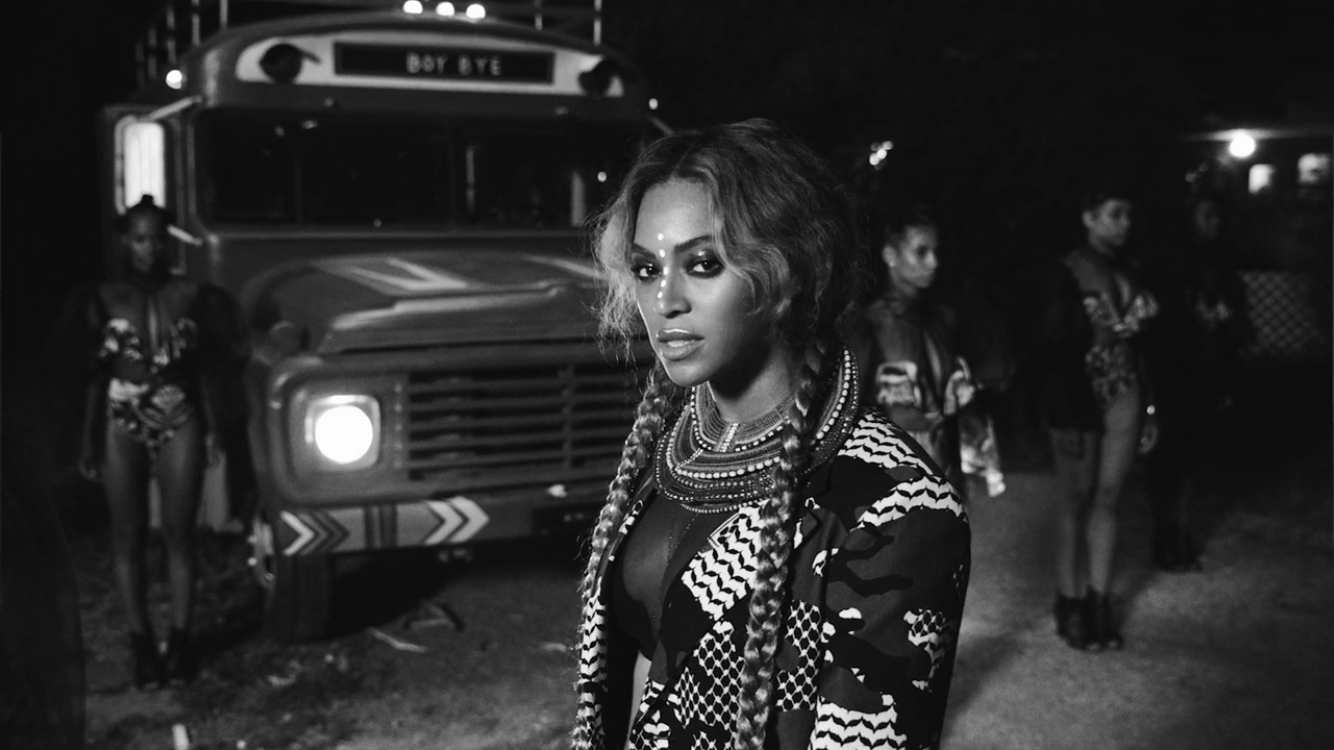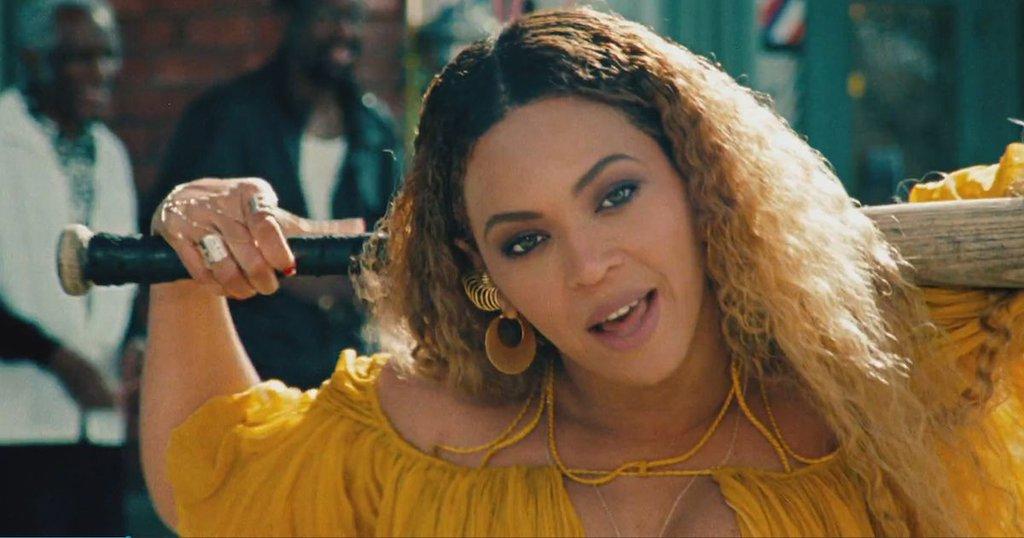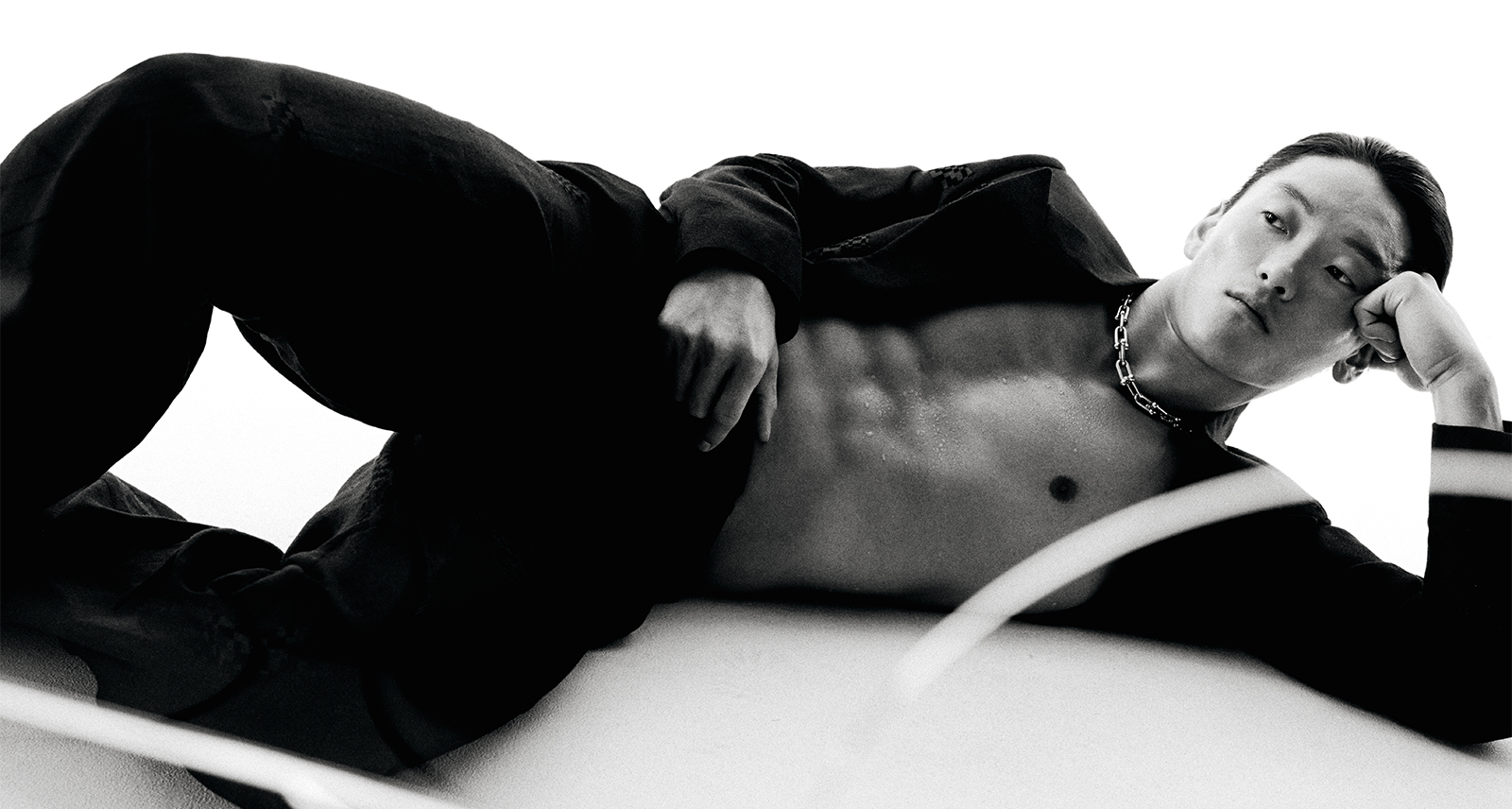With Lemonade, We’ve Reached Peak Beyoncé
When Beyoncé surprise-dropped her single “Formation” in February, I speculated, partly in jest, that her next album could be “Beyonce’s Yeezus.” Well, Beyzus is here.
Beyoncé’s Saturday night HBO special, Lemonade, turned out not to be another vanity documentary like 2013’s Life Is But a Dream, but an entirely new visual album (released as a surprise just like the previous, self-titled one in 2013). And on it, Beyoncé is pissed, almost undoubtedly at her husband, Jay Z.
I generally try to resist the temptation to interpret all art as autobiographical. But come on, bro: “Who the fuck do you think I is?/You ain’t married to no average bitch, boy,” Beyoncé roars on “Don’t Hurt Yourself,” on top of a Led Zeppelin sample and support from Jack White. That song closes with:
This is your final warning
You know I gave you life
If you try this shit again
You gon’ lose your wife
It’s the angriest piece of Lemonade, but only barely. The album’s first six tracks are essentially an extended song suite of hurt and rage directed narrowly at what sounds like a very specific lover. Stylistically, the songs couldn’t be more distinct, from the bouncy Caribbean pop of “Hold Up” (“How did it come down to this? Going through your call list/I don’t wanna lose my pride but I’ma fuck me up a bitch”) to the twangy Texas country of “Daddy Lessons” (“My daddy warned me about men like you/He said, ‘Baby girl, he’s playing you’”). But you can probably guess the only constant.

Twitter detectives are already on the case of figuring out what exactly Jay Z did — and who “Becky with the good hair” is. But it’s important to note amid the social media feeding frenzy of the next few days that the album does arc toward redemption, eventually. “Our love was stronger than your pride,” Beyoncé sings sweetly in “All Night,” over a warm horn sample borrowed from Outkast.
Immediately after, in the Lemonade film, the credits pointedly list the artist as “Beyoncé Knowles Carter” — though Bey and Jay’s solidarity is undercut, perhaps intentionally, by the placement of “Formation” at the album’s end. What used to sound like just an empowerment anthem now also carries an implicit threat: “OK ladies, now let’s get in formation [because we’re watching your cheatin’, lyin’, no-good asses].” (Then again, the album is available exclusively on Tidal, Jay Z’s streaming service, so the Carters’ financial union seems unshaken, if nothing else.)
So, Lemonade is definitely gutsy. Is it any good? Who knows for certain after just two listens, but it sure seems like this is on par with the self-titled album that three years ago elevated Beyoncé from well-liked pop star to critical favorite. Only one song, the mawkish “Sandcastles,” outright hasn’t worked for me yet, and four or five others — “Hold Up,” “Don’t Hurt Yourself,” “Freedom,” “All Night,” and, of course, known quantity “Formation” — are up there with the best from Beyoncé.

Notably, if less importantly, the “visual” part of the visual album is more than a gimmick this time around. Beyoncé and her collaborators still tend to lean on obvious imagery, but there’s a thematic consistency to that imagery this time around. The post-flood Southern gothic of the “Formation” video sets the tone here, and it yields at least two genuinely great moments: First, the glee on Beyoncé’s face as she strolls down some dated Southern main street, smashing car windows and fire hydrants with a baseball bat, on “Hold Up.”
Second, “Forward,” which features the mothers of Trayvon Martin, Tamir Rice, and Mike Brown holding pictures of their dead sons and staring straight into the camera. The politics of the images are tricky to decipher, as they should be, but they seem to broaden the scope of a Malcolm X quote Beyoncé invokes earlier: “The most disrespected person in America is the black woman.” They’re also the women shouldering the most grief.
Look, I liked “Crazy in Love” as much as anybody, because I have ears. But if you’d have told me a decade ago that I’d one day be writing casually about Beyoncé invoking Malcolm X and playing with Hurricane Katrina imagery, I wouldn’t have believed you. We shouldn’t take for granted that the biggest mainstream pop star in the world today is also the one whose music most rewards serious and careful listening. Peak Beyoncé is so much better, weirder, and more interesting than skeptics like me could have imagined. Jay Z must have been out of his damn mind.










